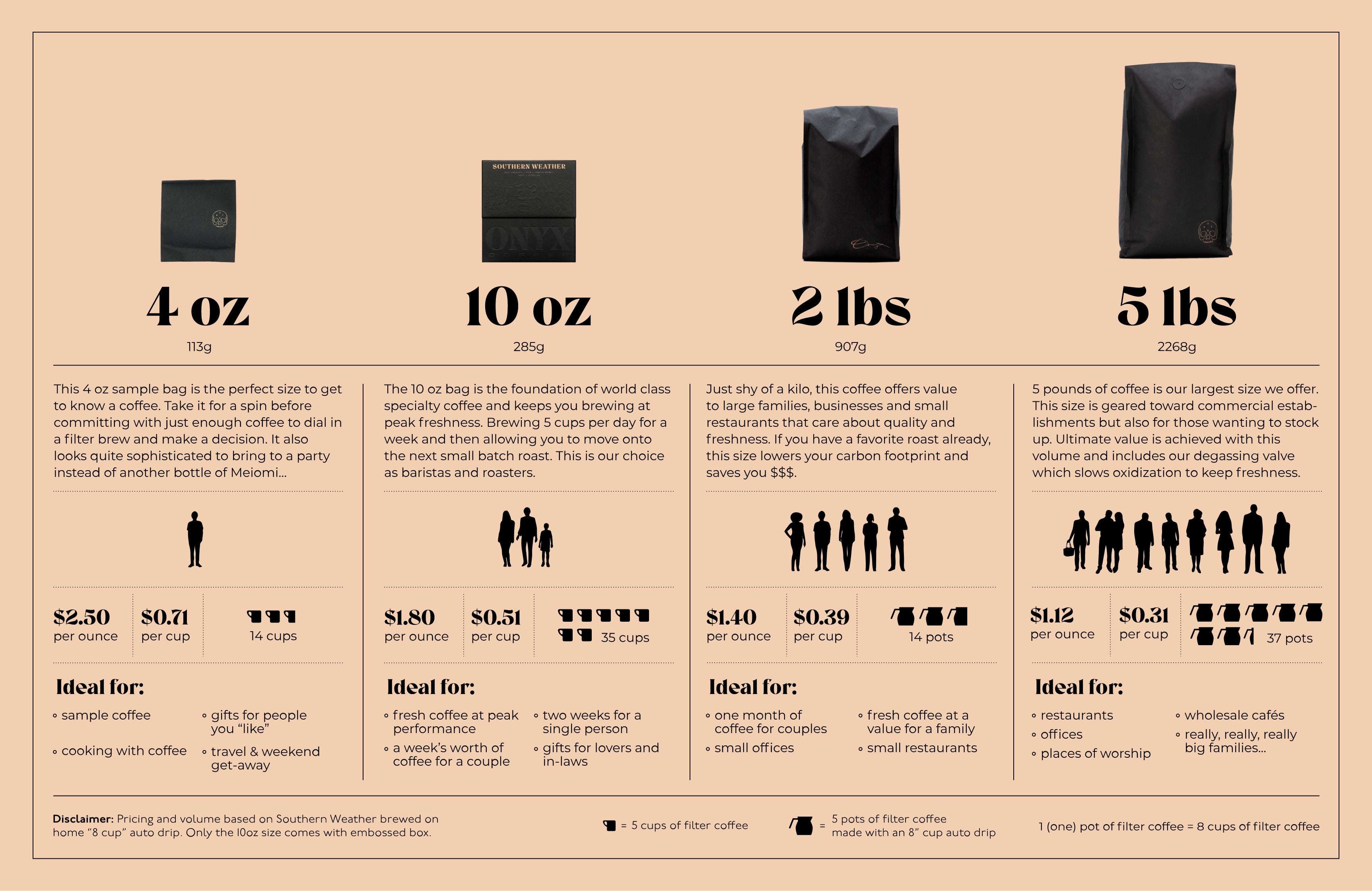Story
This is the second consecutive year releasing this coffee. After last season, we were eager to work with Lloma again in the upcoming season. Each year we make our journey to Nairobi, Kenya where we cup dozens of fresh harvest samples of Kenyan coffees. NKG Tropical is always on our list of labs to visit, and inevitably a few Tanzanian coffees end up on the table there alongside the Kenyan offers. Two years ago our friend Christophe mentioned that the team was working on a natural project in Tanzania. After cupping through the initial type samples of the lot, we requested samples of the next harvest. Christophe was kind enough to send us pre shipment samples early on in the season, and we contracted it on the pre shipment sample. During our next visit to East Africa we hope to visit the Lloma society in person with the NKG team.
LLOMA AMCOS
The Lyela farmers group was founded in 2011, operating in a small volume up to 2018. Due to shifting governmental regulations, the Lyela FG was absorbed into the Lloma AMCOS, joining the 400 other producers who form this community. So named from the closest community, Lloma operates using water from the Vidawa River which runs through a Penagos ecopulper. In order to divert some water usage as well as produce a range of quality, they began a natural processing project in 2019.
NATURALLY PROCESSED COFFEE
Natural coffees are beautiful…Okay, natural coffees are beautiful when done properly, but can be equally terrible when things go wrong. Natural processing, or dry processing, refers to the act of drying and fermenting coffee inside the cherry. Long before the age of portafilter tattoos and dual-boiler home espresso machines, coffee was picked and dried this way out of convenience. It is, to this day, still the most convenient and economically friendly way to process coffee cherries. (It’s estimated that dry-processing can use up to 90% less water than the washing process.) So why isn’t all coffee processed this way? Well, as coffee made its way across the world, it was commoditized and standardized, just like all other products spread by colonialism, but that’s a whole other story... Adding to the boom of washed processing, the natural process method can be tricky to get right, due to the delicate nature of fermentation and drying. What does all this have to do with the final cup? Well, when you leave the skin and fruit of the coffee cherry on the seed throughout fermentation and drying, that fruit begins to break down, imparting esters that influence delicate florals and big fruit notes into the seed that survive the roasting process. If it’s rushed or handled incorrectly, this fruit rot can lend off-flavors to the coffee, making the final cup dirty or ‘fermenty.’ Basically that single cherry begins to slowly decay, and controlling that delicate action through advanced technique and metrics allow us, lucky folks, to drink wonderfully floral and fruity coffees. We have long promoted natural processed coffees, and this Tanzania Lloma is just one of the reasons we do.



